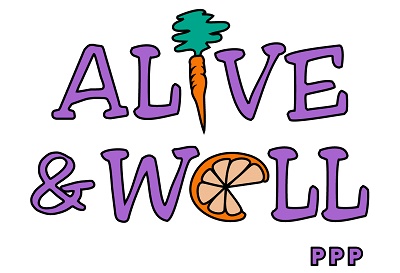Most Americans could stand to lose a few pounds. In fact, more than two-thirds of us are either overweight or obese. In addition to the tried-and-true combination of dietary changes and exercise, it might be a good idea to consider probiotic bacteria.
A growing body of research indicates that “gut health is important when it comes to
weight loss,” says nutritionist and chiropractor Linda Berry, DC. This is where probiotic bacteria enter the picture, since restoring a better balance of healthy “bugs” contributes to a happier intestinal tract.
Burning Fat
The interaction between gut bacteria and weight first came to light when scientists noticed that destroying gut bacteria leads to weight gain. “Taking antibiotics long-term can increase obesity, especially if given as a child, as a result of the antibiotics killing off the beneficial bacteria in the gut and thus altering energy and fat metabolism,” explains Jacqueline Blakely, ND. People who consume fermented dairy products like yogurt and kefir lose more weight than those who do not, thanks to beneficial bacteria, Dr. Blakely says.
When researchers grouped all the prior studies that tracked the effect of probiotics on weight loss—which included nearly 2,000 participants—they confirmed a trend toward lower body weight from the use of probiotic supplements. The weight-loss effect of probiotics grew stronger when people started out overweight, when the supplementation continued for more than two months, and when a combination product that included several species of healthful bacteria was ingested. In other words, probiotics won’t cause a person of normal weight to become underweight; if you are trying probiotics to support weight-loss efforts you should stick with the supplementation regimen for at least eight weeks. You should also select a prod uct containing more than one type of bacteria.
Curbing Cravings
How do these healthy bacteria make a change to your waistline? The answer is complex and not completely understood. Scientists have learned that gut bacteria affect how the body absorbs and uses nutrients from food, including whether dietary fat is stored in body fat cells, and even when a person feels full. The type and number of bacteria in your gut can influence food cravings, such as those for carbs and sugar, according to Dr. Blakely.
Considering all of the other upsides to including probiotic bacteria in your supplement regimen—from healthier digestion and stronger immunity to better blood pressure—there’s little to lose by giving them a try (aside from a few extra pounds).
Don’t Forget Prebiotics
Prebiotics are the food for good “bugs” in your GI tract, and they can indirectly support weight loss by supporting healthy colonies of gut bacteria, says nutritionist and chiropractor Linda Berry, DC. You can find prebiotics in foods rich in soluble and insoluble fibers, such as fermented foods, Jerusalem artichokes, garlic, leeks, and onions. Don’t worry if you don’t have these foods in common rotation; there are many prebiotic supplements available. Dr. Berry suggests looking for one that contains the prebiotic called maltosyl-isomalto-oligosaccharides.

